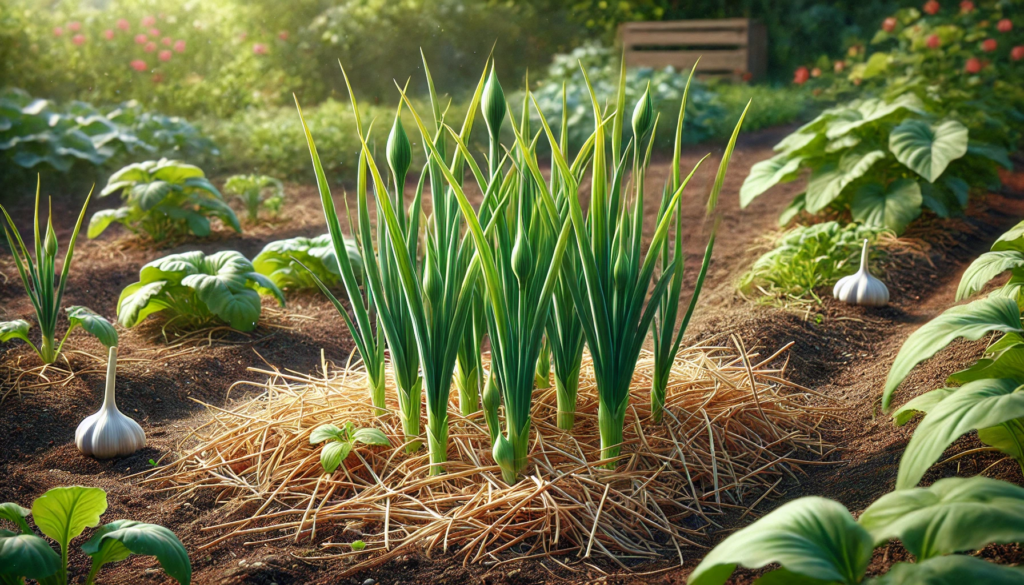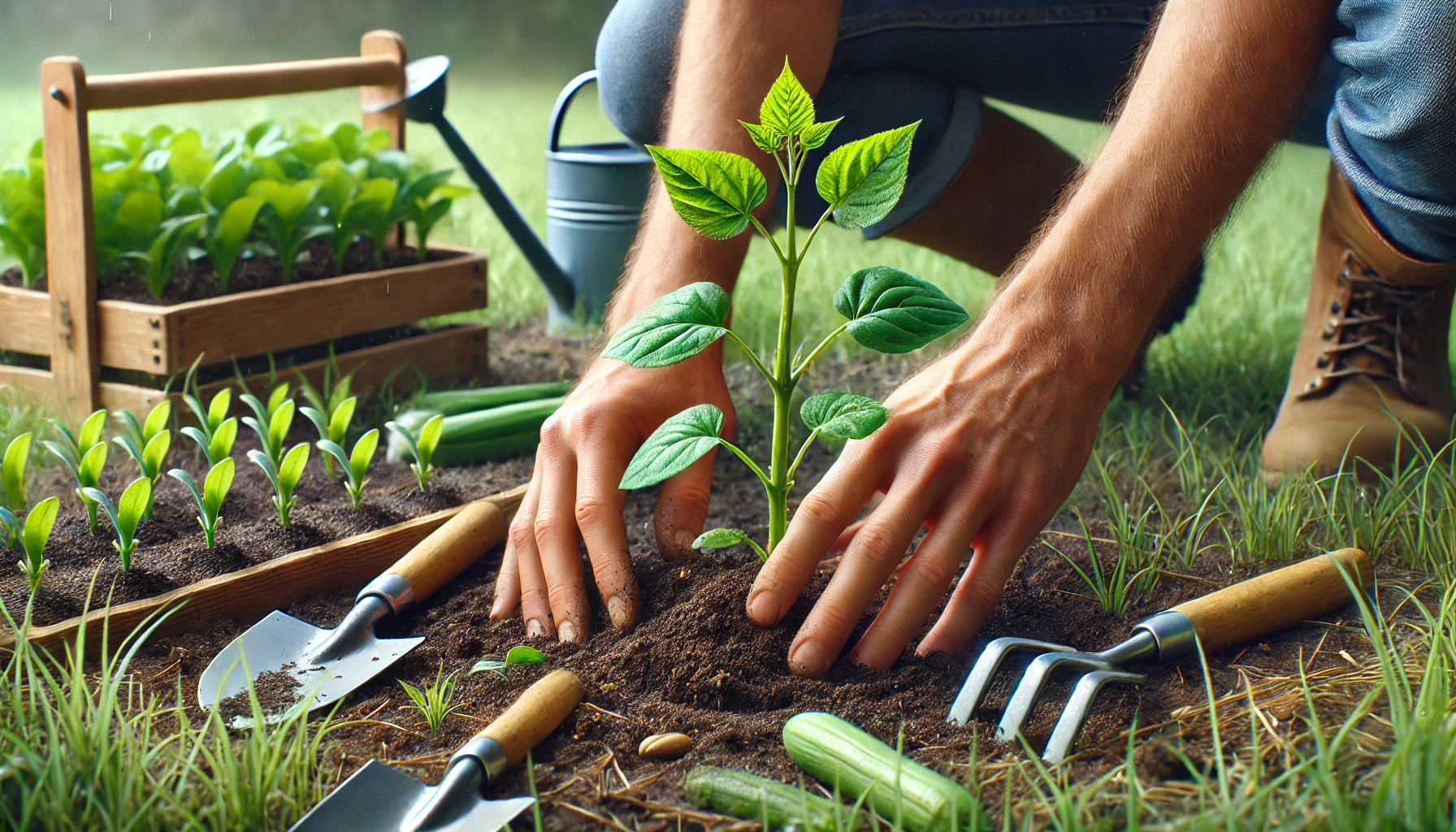Mulching is a valuable technique in the vegetable garden, offering many benefits like insulating soil, retaining moisture, smothering weeds, and improving soil health. However, some mulches come with their own set of challenges. Let’s explore the best and worst vegetable garden mulches, and how to use them wisely.
Benefits of Mulch
- Soil Insulation: Mulches regulate soil temperature, keeping roots cooler in the summer and warmer in the winter.
- Weed Control: Mulches can suppress weed growth, saving you time and effort.
- Moisture Retention: Mulch helps retain moisture in the soil, reducing the need for frequent watering.
- Cleaner Crops: Mulches prevent soil splash, which can keep your vegetables cleaner.
- Disease Prevention: Some mulches, like pine straw, can help prevent soil-borne diseases.
The Worst Mulches

Plastic Mulch
While plastic mulches raise soil temperatures and help keep crops clean, they degrade into microplastics, which persist in the soil. These microplastics can be taken up by plants, which in turn can enter the food chain. Research has shown that vegetables, including potatoes, carrots, and lettuce, can contain microplastics due to plastic mulch. The solution? Use alternatives like paper, newspaper, or uncoated cardboard, which are biodegradable and environmentally friendly.
Mulches Harboring Pests
Certain mulches, especially organic ones like leaves or grass clippings, can provide homes for pests such as slugs and earwigs. Mulch that is applied too early in the season, especially when the soil is still cool and wet, can create ideal conditions for slugs, who might feast on your seedlings. Always check for pests in your mulch before applying, and avoid early mulching during wet, cool periods.
Hay and Straw with Herbicide Contamination
Hay or straw mulches can sometimes contain herbicide residues, particularly aminopyralid, which is used to control weeds in pastures. This herbicide can persist in hay and straw and cause severe damage to sensitive crops like tomatoes and beans. Plants affected by herbicide contamination may show curled or deformed leaves. Always check the source of your hay or straw, and if using, test it before application by growing a small crop nearby.
The Best Mulches
Cotton Cloth Mulch
Cotton cloth mulch is an excellent option for preventing erosion and protecting soil. It shields the soil from rain splash and wind, which helps avoid crusting and allows better water infiltration. It is fast to apply and can easily be removed and reused. You can use cotton fabric from old tablecloths or sheets to create a sustainable mulch alternative. This type of mulch is also lightweight, which makes it a convenient option for spring greens and onions.
Pine Straw Mulch
Pine straw is an excellent mulch for preventing disease and controlling soil erosion. It filters out fungal spores that might cause leafspot diseases and dries quickly after rainfall, reducing moisture accumulation that could promote disease. When used around strawberries, pine straw also helps acidify the soil and provides a clean surface for fruit ripening. It’s also great for tomatoes, protecting them from early blight.
Wood Chip Mulch
Wood chips are ideal for long-term mulch needs, especially under fruit trees, berry bushes, and other perennial plants. They provide a durable, weed-resistant surface and gradually improve soil organic matter when replenished. Wood chips retain moisture in the soil and are less likely to be invaded by weeds. Additionally, they are foot-friendly, making them perfect for garden pathways. They also prevent erosion, especially on slopes, and help maintain soil structure.
Key Takeaways
- Avoid plastic and herbicide-tainted mulches, as they can introduce harmful chemicals into your garden.
- Opt for natural mulches like cotton cloth, pine straw, and wood chips for better results.
- Monitor mulch application: Don’t apply mulches too early in the season when it’s still wet and cold, and check for pests before using organic mulches.
When you choose the right mulch for your vegetable garden, you’ll enhance soil health, improve plant productivity, and enjoy a cleaner, more enjoyable gardening experience. Happy mulching!
